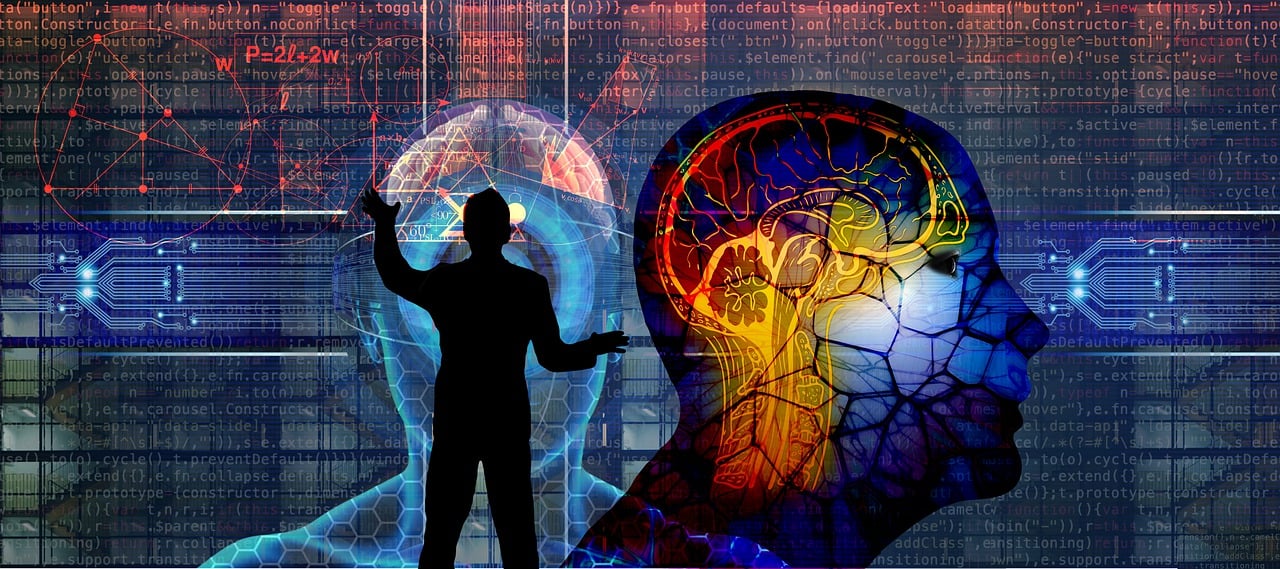Digital Innovations: Bachelor of Science in Artificial Intelligence

In today’s rapidly evolving technological landscape, artificial intelligence (AI) stands out as one of the most transformative fields. As AI continues to shape industries and drive innovation, the demand for professionals with expertise in this area has surged. If you’re passionate about technology and eager to explore the possibilities of AI, pursuing a Bachelor of Science in Artificial Intelligence could be your gateway to an exciting and rewarding career. Let’s unravel the details of this program, including its course duration and potential career pathways.
Understanding the Bachelor of Science in Artificial Intelligence
A Bachelor of Science in Artificial Intelligence is an interdisciplinary program that blends computer science, mathematics, engineering, and cognitive science to explore the theory and application of AI technologies. Students delve into topics such as machine learning, natural language processing, robotics, computer vision, and data analytics, gaining hands-on experience with cutting-edge tools and techniques used in AI research and development.
Course Duration
The duration of a Bachelor of Science in Artificial Intelligence program typically spans four years, divided into multiple semesters. Throughout the program, students engage in a mix of theoretical coursework, practical projects, and experiential learning opportunities designed to equip them with the skills and knowledge needed to excel in the field of AI.
Curriculum Highlights
The curriculum of a Bachelor of Science in Artificial Intelligence covers a wide range of subjects, including:
Foundations of Artificial Intelligence: Introduction to AI concepts, algorithms, and methodologies.
Machine Learning: Study of algorithms and techniques that enable machines to learn from data and make predictions.
Natural Language Processing: Exploration of how computers understand, interpret, and generate human language.
Robotics: Design and development of intelligent robots capable of performing various tasks autonomously.
Data Science and Big Data Analytics: Analysis of large datasets to extract meaningful insights and patterns.
Ethics and Responsible AI: Consideration of ethical, legal, and societal implications of AI technologies.
In addition to coursework, students may have the opportunity to work on AI projects, participate in internships with tech companies or research labs, and collaborate with faculty on cutting-edge research initiatives.
Career Opportunities
Graduates of a Bachelor of Science in Artificial Intelligence program are well-positioned to pursue diverse career opportunities in industries such as:
Technology: Software engineer, AI developer, machine learning engineer, data scientist.
Healthcare: Medical AI specialist, healthcare data analyst, telemedicine solutions developer.
Finance: Algorithmic trader, fintech analyst, risk management AI specialist.
Automotive: Autonomous vehicle engineer, robotics engineer, AI-driven mobility solutions developer.
Entertainment: AI content creator, virtual reality/Augmented reality (VR/AR) developer, gaming AI programmer.
Conclusion
A Bachelor of Science in Artificial Intelligence offers a dynamic and challenging educational experience that prepares students to tackle real-world problems using AI technologies. With the demand for AI professionals on the rise across industries, this program opens up exciting opportunities for graduates to contribute to the next wave of digital innovation.






